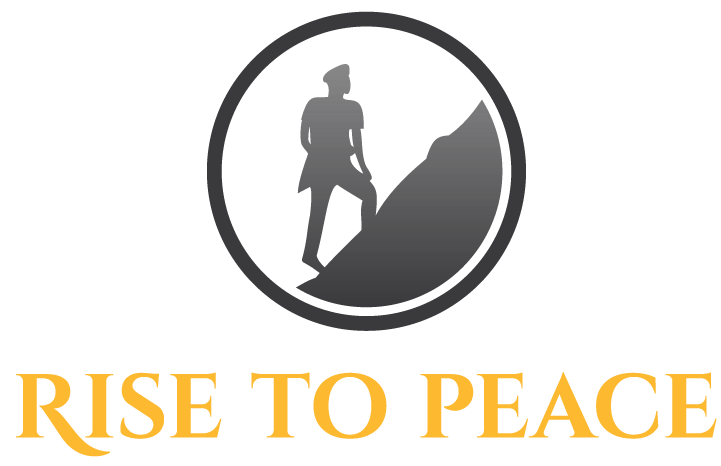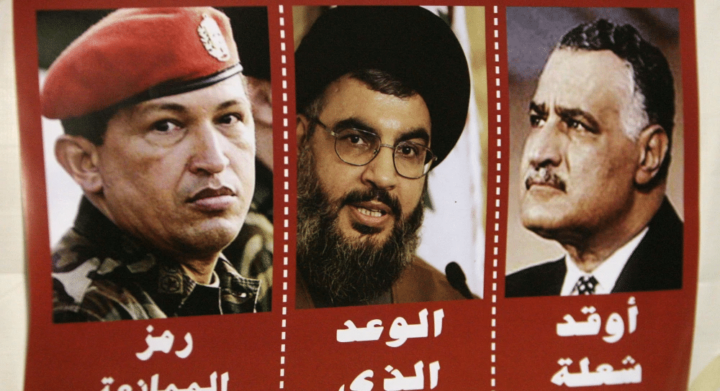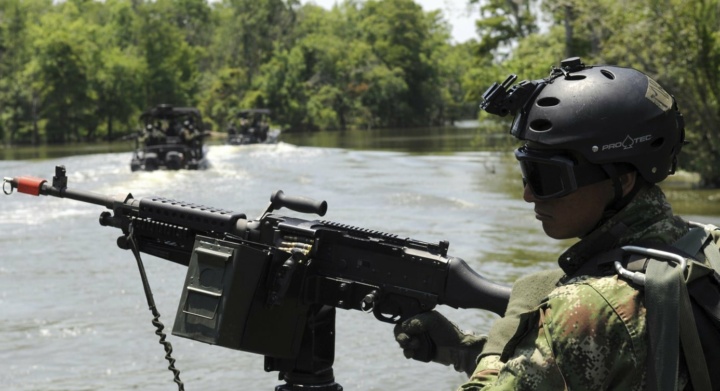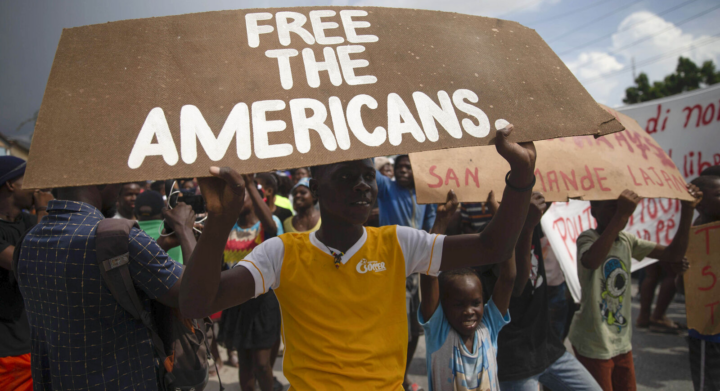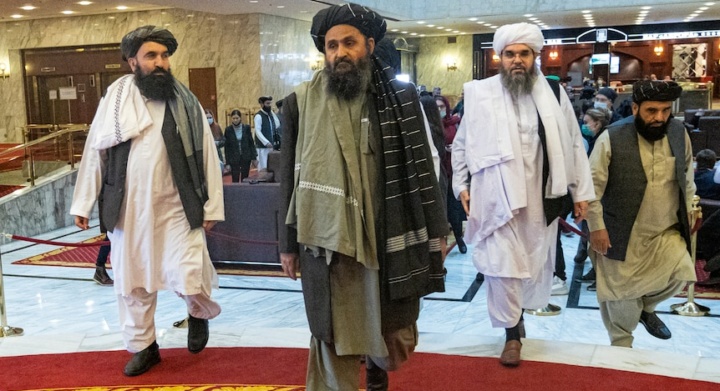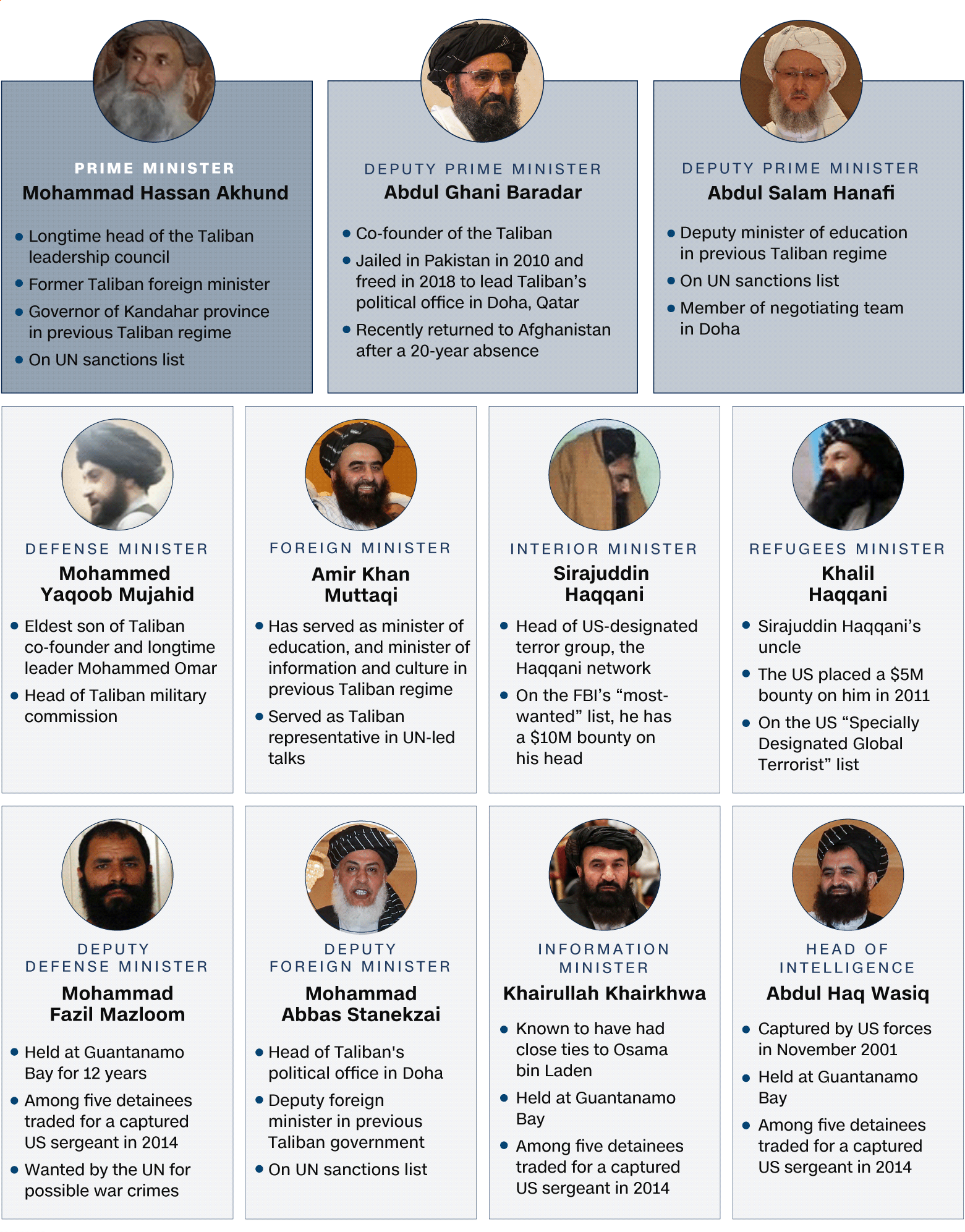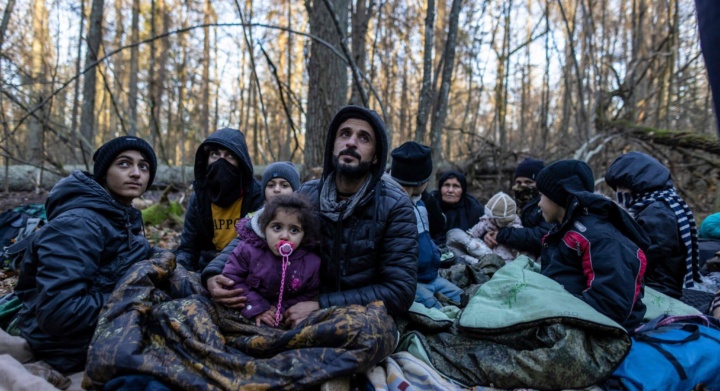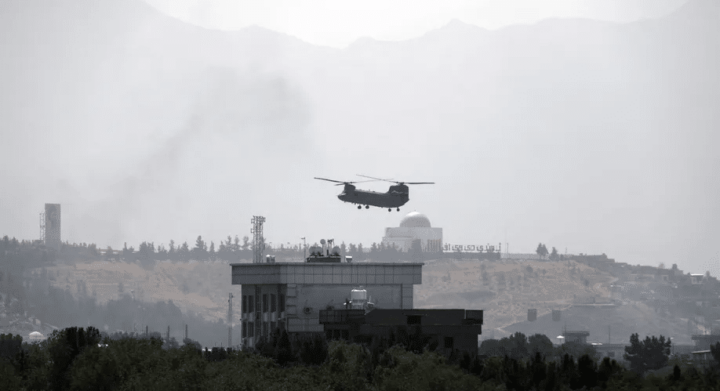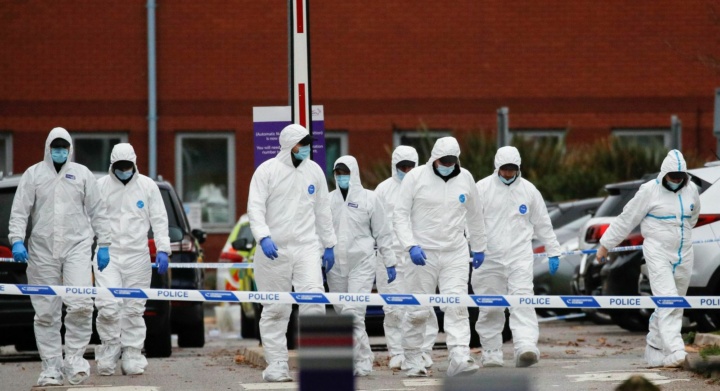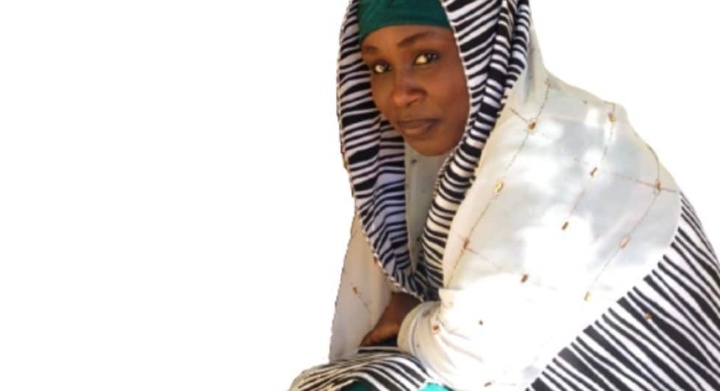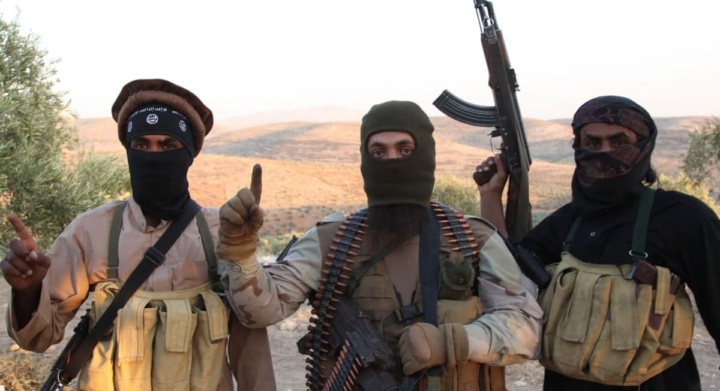Hezbollah, also known as Hizbullah, is a Lebanon-based Shia terrorist organization. Its creation dates back to 1982, after the Israeli intervention in Lebanon. Since its foundation, Hezbollah has participated in several terrorist attacks against civilians in the Middle East.
For instance, Hezbollah militants carried out the 1983 suicide truck bombings against the U.S embassy and Marine Barracks in Beirut, the 1985 hijacking of TWA Flight 847, the kidnappings of Israeli soldiers in 2006, and the assassination of former Lebanese Prime Minister Rafiq al-Hariri in 2005.
The Middle East is Hezbollah’s main geographical area of influence. Moreover, Hezbollah has participated in the Lebanese government since 1992, was involved in the Syrian Civil War through the use of militants to support the Bashar Al-Assad Regime, and is backed by Iran in its anti-Israeli and anti-Western activities.
However, Hezbollah’s activities and influence are not restricted to the Middle East. Their presence has been reported in several areas throughout Latin America, and it is probable that Hezbollah’s tentacles will continue to spread in the southern zone of South America.
Historical Background of Hezbollah’s Presence in Latin America
Hezbollah’s presence in Latin America dates back to the group’s foundation. An essential factor in the establishment of Hezbollah cells was the flow of Lebanese migrants arriving at the Tri-Border Area (TBA) connecting Argentina, Brazil, and Paraguay during the 1960s and 1970s. The multi-generational diaspora and zones that facilitated trade for Lebanese migrants enabled Hezbollah militants to infiltrate the subcontinent and carry out their activities.
After Hezbollah was officially founded in 1982, Latin American cells began cooperating with Iranian personnel to commit terrorist attacks in Argentina. For instance, Hezbollah used a car bomb against the Israeli embassy in Buenos Aires, killing 23 people. Furthermore, Hezbollah allegedly participated in the terrorist attack against the Asociación Mutual Israelita Argentina (AMIA), a Jewish center in Buenos Aires, where 85 people died.
Venezuela, a Safe Haven for Hezbollah’s Criminal Activities
Once Hezbollah’s presence in the Tri-Border area was consolidated, this terrorist organization found a safe haven to carry out its illicit activities. When Hugo Chávez took power in 1999, a relationship began between the regime and Hezbollah, allowing Hezbollah to build a vast network to carry out illicit activities, such as drug trafficking, money laundering, and smuggling.
In fact, Hezbollah established a crime structure in Venezuela that operates through compartmentalized, familial clans, such as Nassereddine, Saleh y Rada, that embed into the regime-controlled illicit economy and the regime’s political apparatus and bureaucracy. Hezbollah has control in zones such as Margarita Island, where they operate freely.
The advantage for Hezbollah operating in an area with so many facilities and where the current government is a close ally is that the terrorist group receives billions of dollars annually, mainly from drug and arms trafficking. However, Hezbollah’s main source of income is the funding it receives from Iran, which is also a close strategic ally of Venezuela.
Hezbollah’s Presence in Other Latin American Countries
Hezbollah has a strong presence in the countries comprising the Tri-Border Area. Activities such as counterfeiting and drug trafficking have been identified in Puerto Iguazú, Foz do Iguaçu, and Ciudad del Este in Argentina, Brazil, and Paraguay. The authorities found that Sobhi Mahmoud Fayad, a Hezbollah militant from this zone, has sent more than $50 million to Hezbollah since 1995.
Hezbollah’s activities and presence have also been identified in Colombia. The Colombian Intelligence Services has detected enterprises and commercial platforms that operate as money laundering centers. Furthermore, counterfeiting networks were identified in Cartagena, Barranquilla, and Maicao.
In addition, Hezbollah and the Revolutionary Armed Forces of Colombia (FARC) converged to cooperate with crimes such as drug trafficking, which is the most profitable source of funding for both groups. The FARC specialized in cocaine trafficking and production, while Hezbollah specialized in money laundering, thus creating a nexus between crime and terrorism.
Finally, Hezbollah is establishing itself in an area known as the New Tri-Border Area, which is comprised of northern Chile (Arica and Iquique), southern Peru (Tacna and Puno), and Bolivia (from El Alto to the Iranian Embassy in La Paz).
In Chile, Hezbollah seeks to take advantage of its ports and indoctrinate young people to join its cause. In Bolivia, Hezbollah seeks to increase its presence by taking advantage of its poor diplomatic relations with the United States. Finally, in Peru, Hezbollah seeks to profit from cocaine production, again facilitating the crime-terror nexus.
What Should be Done?
Hezbollah’s presence in Latin America illustrates how the region’s crime-terror nexus is a significant security threat. Factors such as little state control in border areas, strategic routes to traffic weapons and drugs, money laundering, and support from regimes, such as Iran and Venezuela, have allowed Hezbollah to transform into a wealthy terrorist organization with a considerable presence in Latin America.
In order to reduce the power and influence of Hezbollah in the region, the United States has implemented financial sanctions against the group. However, sanctions are not enough to reduce the activities and income of this organization.
Thus, it is necessary to improve cooperation among Latin American countries, implement more effective legal instruments against money laundering and terrorist financing, increase security in the Tri-Border Area, and continue efforts to cut off Hezbollah’s tentacles in Latin America.
Daniel Felipe Ruiz Rozo, Counter-Terrorism Research Fellow
